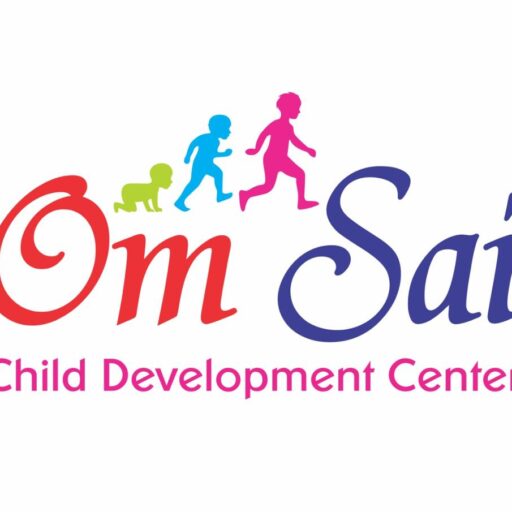Definition:
Autism Spectrum Disorder (ASD) is a neurological disorder characterized by difficulties in social interaction, verbal and nonverbal communication, and repetitive behaviors.

Prevalence:
1 in 54 children in the United States has ASD (CDC, 2020)
Symptoms:
1. Social Communication:
– Difficulty initiating/maintaining conversations
– Impaired nonverbal communication (eye contact, facial expressions)
– Trouble understanding tone, sarcasm, and idioms
2. Restricted/Repetitive Behaviors:
– Hand flapping, body rocking, or self-injury
– Insistence on routines or rituals
– Strong interests in specific topics
3. Sensory Processing:
– Hypersensitivity or hyposensitivity to sounds, sights, smells
Types:
1. Autistic Disorder (Classic Autism)
2. Asperger’s Syndrome
3. Pervasive Developmental Disorder (PDD-NOS)
4. High-Functioning Autism (HFA)
Causes/Risk Factors:
1. Genetics
2. Brain structure/function differences
3. Environmental factors (prenatal exposure to toxins)
4. Family history
Diagnosis:
1. Developmental screening
2. Comprehensive diagnostic evaluation (ADOS, M-CHAT)
3. Medical evaluation (hearing, vision, neurological)
Treatment/Interventions:
1. Applied Behavior Analysis (ABA)
2. Occupational Therapy (OT)
3. Speech Therapy
4. Medications (for co-occurring conditions)
5. Family support and education
Early Signs:
1. No babbling or cooing by 6 months
2. No gesturing (pointing, waving) by 12 months
3. No single words by 16 months
4. No two-word phrases by 24 months
5. Loss of language or social skills
Om Sai Child Development Center’s Approach:
1. Multidisciplinary team (OT, PT, Speech, ABA)
2. Individualized treatment plans
3. Family-centered care
4. Evidence-based interventions
5. Ongoing assessment and progress monitoring
By understanding ASD and its effects, Om Sai Child Development Center provides comprehensive support to children and families, fostering growth, development, and inclusion.
